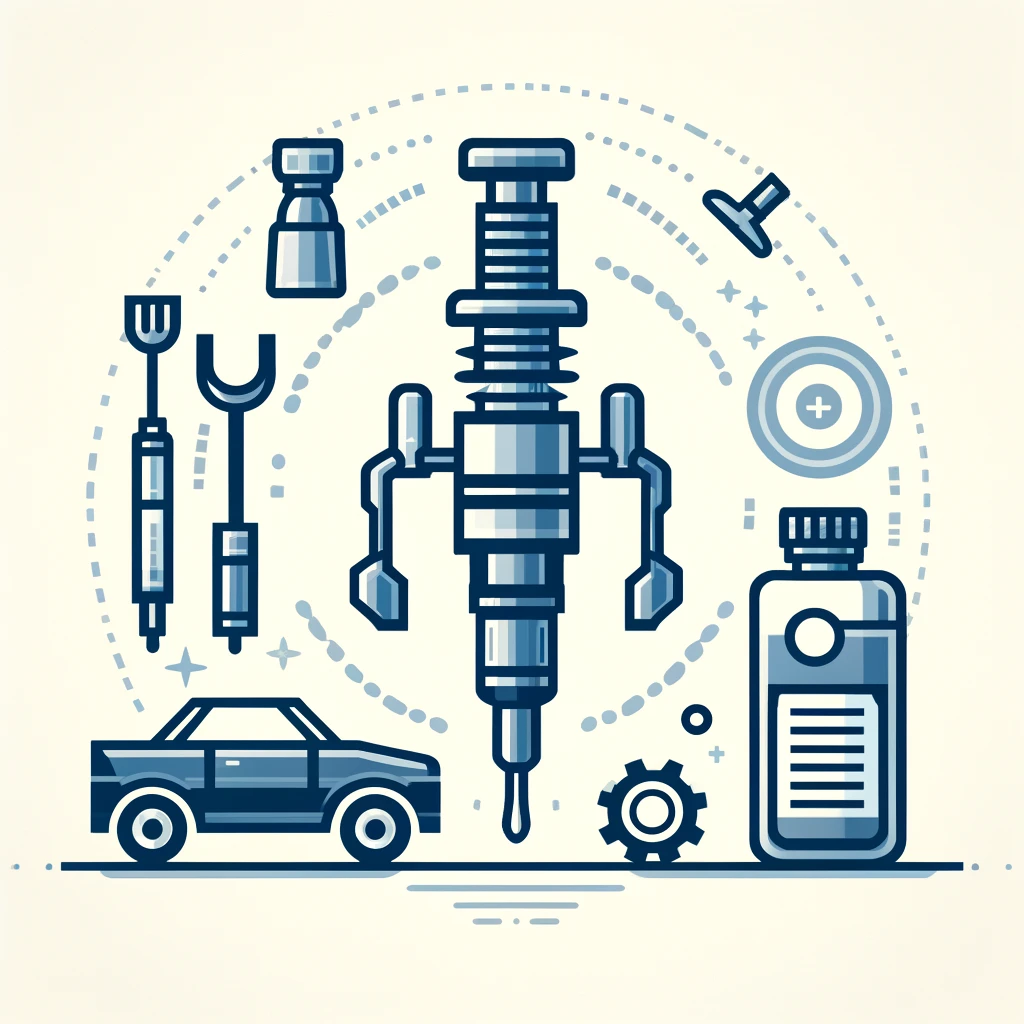Keeping your car’s fuel injectors clean is crucial for optimal engine performance and fuel efficiency. Over time, fuel injectors can become clogged with debris and deposits, leading to poor acceleration, reduced gas mileage, and other performance issues. This guide will walk you through the process of cleaning your fuel injectors at home.
Introduction
Fuel injectors play a vital role in delivering fuel to the engine in a precise manner. When they get clogged, it can significantly affect your car’s performance. Fortunately, cleaning fuel injectors is a task that you can do yourself with the right tools and techniques.
Safety First
Before you begin, it’s important to take safety precautions:
- Work in a well-ventilated area.
- Wear protective gloves and safety glasses.
- Make sure the engine is cool before starting.
What You’ll Need
- Fuel injector cleaner kit compatible with your vehicle.
- A screwdriver set.
- Protective gloves and glasses.
- A clean cloth.
- A container to catch any fuel that may leak.
Steps to Clean Your Fuel Injectors
Step 1: Locate the Fuel Injectors
Consult your vehicle’s manual to find the fuel injectors. They are typically located on the intake manifold.
Step 2: Disconnect the Fuel Pump
Disconnect the fuel pump from the fuel injectors. This usually involves removing a fuse or relay. Consult your vehicle’s manual for specific instructions.
Step 3: Attach the Cleaning Kit
Attach the fuel injector cleaning kit to the fuel port on your vehicle. The kit should bypass the vehicle’s fuel system and allow you to send the cleaning solution directly through the injectors.
Step 4: Remove the Fuel Cap
Remove the fuel cap from your vehicle to prevent pressure build-up.
Step 5: Turn on Your Vehicle
Start the engine and let it run. The cleaning solution will be pumped through the injectors, cleaning out any deposits.
Step 6: Reconnect the Fuel Pump
Once the process is complete, turn off the engine, and reconnect the fuel pump. Make sure to replace the fuse or relay if you removed it.
Step 7: Replace the Fuel Cap
Replace the fuel cap on your vehicle.
After Cleaning
After cleaning your fuel injectors, you should notice an improvement in your vehicle’s performance and efficiency. It’s a good idea to clean your fuel injectors periodically to maintain your car’s health.
Frequently Asked Questions (FAQs)
How often should I clean my fuel injectors?
The frequency can vary depending on your vehicle and driving habits, but a general recommendation is to clean your fuel injectors every 15,000 to 30,000 miles to maintain optimal performance.
Can I clean fuel injectors without removing them?
Yes, using a fuel injector cleaning kit allows you to clean the injectors without removing them from the engine. This method is effective for routine maintenance and minor clogs.
Are fuel injector cleaning kits universal?
Most fuel injector cleaning kits are designed to work with a wide range of vehicles, but it’s important to check the compatibility with your specific vehicle model before purchasing.
What are the signs of clogged fuel injectors?
Common signs include poor acceleration, decreased fuel efficiency, engine misfires, rough idling, and trouble starting the car.
Can I use fuel additive cleaners instead of a cleaning kit?
Fuel additive cleaners can help maintain clean fuel injectors but may not be as effective at removing significant build-ups. For more thorough cleaning, a direct cleaning kit is recommended.
Is it safe to clean fuel injectors by myself?
Yes, with the right tools and following safety precautions, you can safely clean your fuel injectors at home. However, if you’re unsure, seeking professional assistance is advisable.
Will cleaning my fuel injectors improve gas mileage?
Cleaning clogged fuel injectors can improve fuel efficiency by ensuring that fuel is properly atomized and delivered to the engine, allowing it to burn more efficiently.
Conclusion
Cleaning your fuel injectors is a straightforward process that can lead to significant benefits for your vehicle. By following these steps, you can ensure that your engine runs smoothly and efficiently, extending the life of your car.
Check our blog for more tips and tricks!
